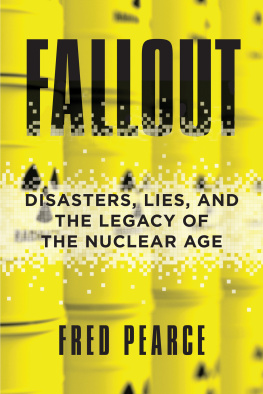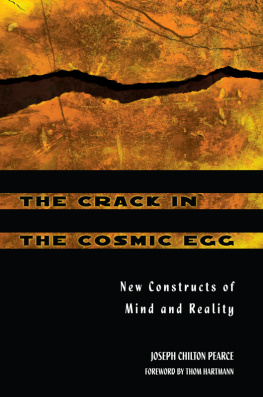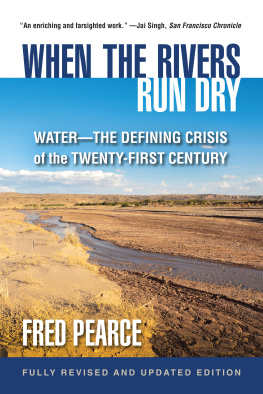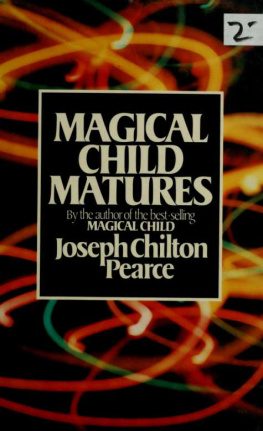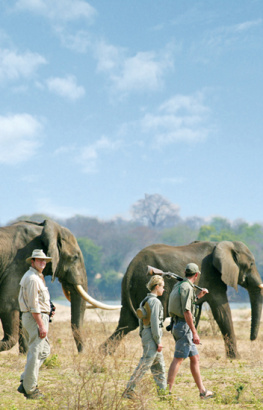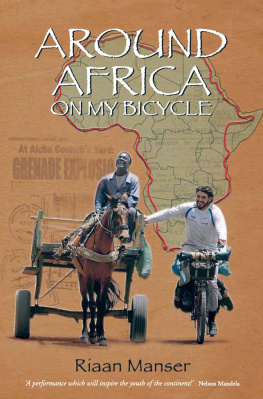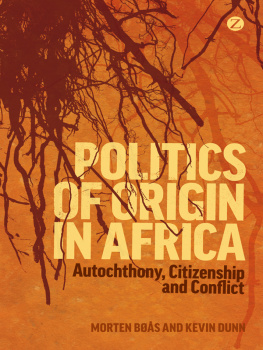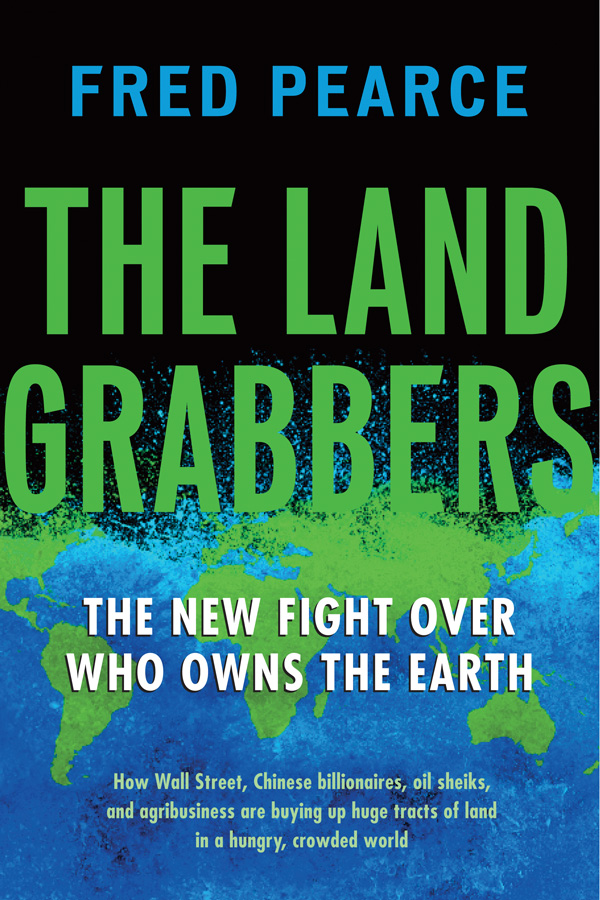The Land Grabbers
The New Fight over Who Owns the Earth
Fred Pearce
Beacon Press
Boston
Contents
Introduction
Buy land. Theyre not making it any more.
Mark Twain
Soaring grain prices and fears about future food supplies are triggering a global land grab. Gulf sheikhs, Chinese state corporations, Wall Street speculators, Russian oligarchs, Indian microchip billionaires, doomsday fatalists, Midwestern missionaries, and City of London hedge-fund slickers are scouring the globe for cheap land to feed their people, their bottom lines, or their consciences. Chunks of land the size of small countries are exchanging hands for a song. So who precisely are the buyersand whose land is being taken over?
I spent a year circling the globe to find out, interviewing the grabbers and the grabbed on every continent, from Jeddah, London, and Chicago to Sumatra, Paraguay, and Liberia. Almost everyone seems to be a land grabber today. My cast of characters includes super-financier George Soros and super-industrialist Richard Branson; Colombian narco-terrorists and Italian heiresses; an Irish dairy farmer in the Saudi desert and the recent commander of British land forces, now tilling soil in Guinea; gun runners and the couple who sold the world high fashion with the Patagonia brand before buying the wild lands of the same name.
I discovered how logging concessions in central Africa may have helped elect Nicolas Sarkozy as president of France; what Lord Rothschild and a legendary 1970s asset stripper are doing in the backwoods of Brazil; who is buying Laos and Liberia, and who already owns Swaziland; how Goldman Sachs added tens of millions to the worlds starving; the dramatic contrast between Kenyas Happy Valley and Zimbabwes Hippo Valley; who grabbed a tenth of the new state of South Sudan even before it raised its flag; why Qatar is everywhere; and what links a black-skinned Saudi billionaire to Bill Clinton, Ethiopias ex-freedom-fighting prime minister, and rich cattle pastures at the head of the Nile.
I found an evangelical American exprison boss draining bogs on the shores of Lake Victoria; a dapper English banker plowing up the Brazilian cerrado grasslands; Saudi sheikhs in Sudan, extending the worlds largest sugar farm; the Moonies seeking heavenly life by grabbing Paraguayan jungles; and Gaddafis doomed henchmen annexing black earth in Ukraine and yellow sands in Mali. The Kidmans and Windsors and Gettys and Khashoggis and Oppenheimers are in there tooand most likely you, or at least your pension fund, have a slice of the action.
Some regard the term land grabbers as pejorative. But it is widely used, and the subject of academic conferences. I use it here to describe any contentious acquisition of large-scale land rights by a foreigner or other outsider, whatever the legal status of the transaction. Its not all bad, but it all merits attention. And that is the purpose of this book.
I have been in awe at the grabbers sheer ambition, and sometimes at their open-hearted altruism too. Some want to save their nations from a coming perfect storm of rising population, changing diets, and climate change. Others look forward to making a killing as the storm hits. Many believe they will do good along the way. But I have been appalled at the damage that often results from their actions.
Their hosts share much of the blame for what goes wrong. After years of neglecting their agriculture, African governments are suddenly keen to invest. Their desire for a quick fix to deep-seated problems makes foreign investors, with their big promises, attractive. Many governments ask few questions when investors come calling. They clear the land of existing inhabitants, and often dont even ask for rent. There is often an unspoken cultural cringe, in which foreign is always considered best. The investment, ministers believe, will inevitably bring food and jobs to their people. But such easy assurances rarely work out, for reasons that are social, environmental, economic, geopoliticaland sometimes a toxic mix of all four.
There is much uncertainty about how much land has been grabbed, and how firm the grasp of the grabbers is. In 2010, the World Bank came up with a figure of 120 million acres. The Global Land Project, an international research network, hazarded 150 million acres. The Land Deal Politics Initiative, another network of researchers that helped organize a conference in Britain on land grabbing in mid-2011, totted up 200 million acres. Within weeks, Oxfam, an aid agency, published its own estimate of 560 million acres. The truth is nobody knows. There is no central register; there is little national transparency. Some of the largest deals were done in secret and unknown even to the most diligent NGOs, while other deals have attracted headlines but have never come to fruition. I have tried to disentangle the truth about individual projects, but I have not attempted any global figure.
I hope I have reported fairly. I did find new mega-farms with thoughtful managers who make sure to offer secure jobs, food, and basic social services to their workers and their families. I found others with vibrant out-grower schemes that supported nearby peasant farmers and bought their produce. I found investors with a long-term view. But I also found poor farmers and cattle herders who woke up to find themselves evicted from their ancestral lands; corporate potentates running enclave fiefdoms oblivious to the country beyond their fences; warlords selling land they dont own to financiers they have never met; hungry nations forced to export their food to the wealthy; and speculators who buy land and then disappear without trace. I was reminded repeatedly of scenes from books like John Steinbecks Grapes of Wrath and Joseph Conrads Heart of Darkness.
This is not about ideology. It is about what works. What will feed the world and what will feed the worlds poorest. But what works has to do with human rights and access to natural resources, as well as maximizing tons per acre. As one agribusiness proponent, James Siggs of Toronto-based Feronia, admitted at an investment conference in 2011, exclusively industrial-scale farming displaces and alienates peoples, creates few jobs and causes social disruption.
Yet industrial-scale farming is what most land grabbers have in mind. According to Graham Davies, consultant to the British private equity company Altima Partners, the vast majority of investors in Africa are only interested in commercial Western-style agriculture, largely ignoring the continents 60 million small farms that produce 80 percent of sub-Saharan Africas farm produce.
It is important to know what agribusiness can and cannot deliver. But it is equally important to be angered by the appalling injustice of people having their ancestral land pulled from beneath their feet. And to question the arrogance and ignorance surrounding claims, by home governments and Western investors alike, that huge areas of Africa are empty lands only awaiting the magic of foreign hands and foreign capital. And to balk at the patina of virtue that often surrounds environmentalists eagerly taking other peoples land in the interests of protecting wildlife. What right do green grabbers have to take peasant fields and pastures to grow biofuels, cordon off rich pastures for nature conservation, shut up forests as carbon stores, and fence in wilderness as playpens and hunting grounds for rich sponsors? They are cooking up a tragedy of the commons in reverse.
Over the next few decades I believe land grabbing will matter more, to more of the planets people, even than climate change. The new land rush looks increasingly like a final enclosure of the planets wild places, a last roundup on the global commons. Is this the inevitable cost of feeding the world and protecting its surviving wildlife? Must the worlds billion or so peasants and pastoralists give up their hinterlands in order to nourish the rest of us? Or is this a new colonialism that should be confrontedthe moment when localism and communalism fight back?


